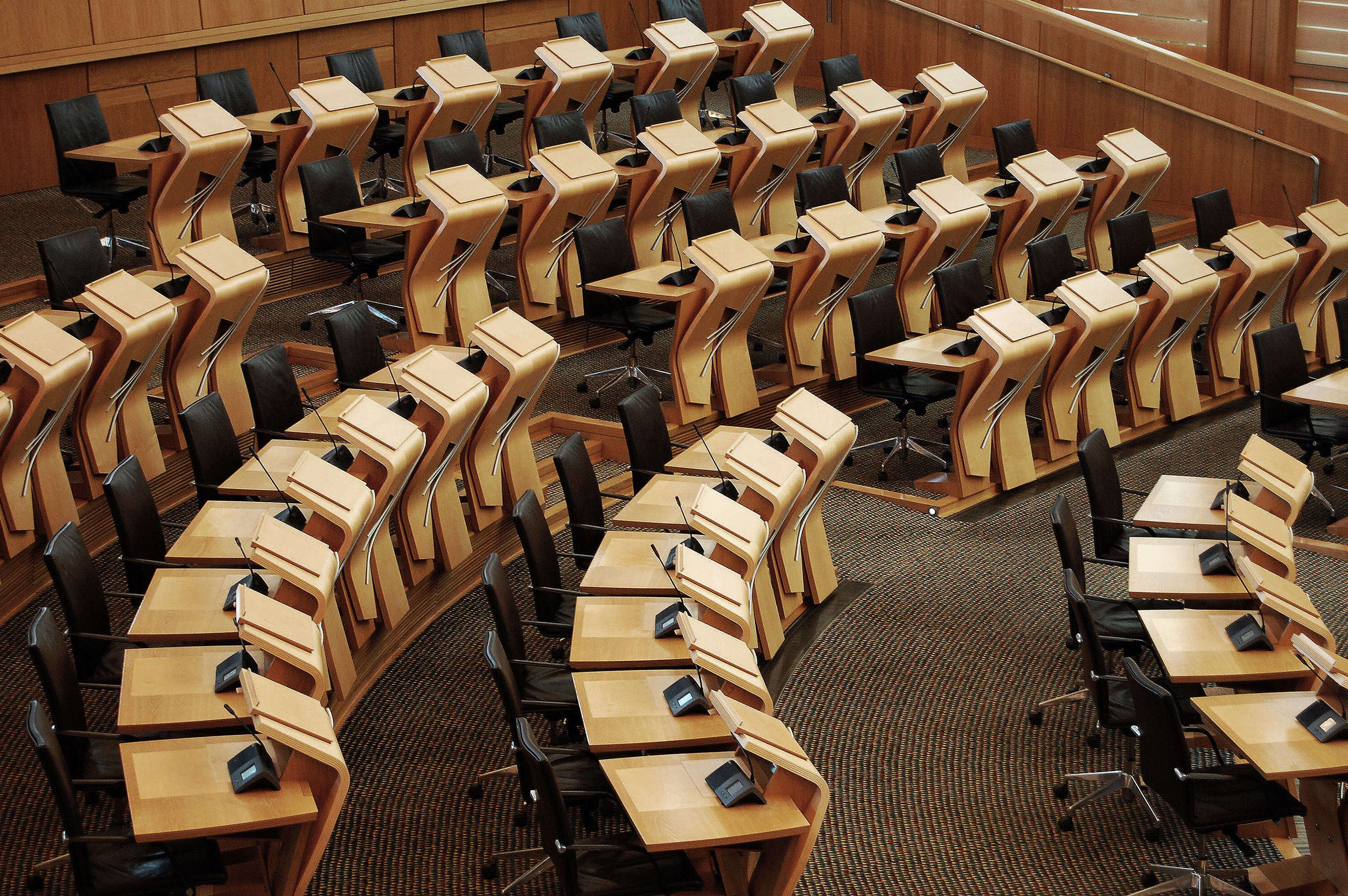
Politics is an integral part of society, shaping everything from local communities to international relations. For those new to the subject, it can seem overwhelming. However, understanding politics is crucial for informed citizenship and active participation in democratic processes. Whether studying political theorists like Zorka Milin or examining current political events, gaining political knowledge is essential. This article provides a comprehensive guide to learning politics for beginners, covering fundamental concepts, political systems, and tips for staying informed and engaged.
Understanding the Basics of Politics
What is Politics?
At its core, politics is the process of making decisions that apply to group members. It involves the distribution of power and resources, the creation of laws and policies, and the management of public affairs. Politics can be observed at various levels, from local governments to national governments and international organizations. Understanding political processes is as crucial in fields like healthcare, where issues such as healthcare policy and nursing research topics often intersect with political decisions and regulations.
Key Political Concepts
Before diving deeper into the subject, it's essential to understand some key political concepts:
-
Power: The ability to influence or control the behavior of people and institutions.
-
Authority: The legitimate power a person or group has over others, often granted by laws or social norms.
-
Government: The system or group of people governing an organized community, often a state.
-
Democracy: A political system where power is vested in the people, who exercise power directly or through elected representatives.
-
Republic: A form of government where the country is considered a "public matter" and the head of state is an elected or nominated president.
-
Constitution: A set of fundamental principles or established precedents according to which a state or organization is governed.
Exploring Different Political Systems
Democracy
In a democratic system, the government is elected by the people. The most common form of democracy is a representative democracy, where citizens elect officials to make decisions. Key features of democracy include free and fair elections, protection of human rights, and the rule of law.
Authoritarianism
Authoritarian systems concentrate power in the hands of a single leader or a small group of individuals. These regimes often lack democratic features such as free elections and may suppress political opposition and civil liberties.
Monarchy
A monarchy is a government where a single person, the monarch, rules the country. Monarchies can be absolute, where the monarch has unrestricted power, or constitutional, where a constitution or laws limit the monarch's powers.
Communism
Communism is a political and economic ideology that aims to create a classless society where all property and resources are communally owned. In practice, communist states often feature a single-party system controlling the government and the economy.
Staying Informed and Engaged
Reading and Research
One of the best ways for beginners to learn politics is by reading books, articles, and trusted news sources. Websites likeBBC News andThe New York Times offer comprehensive political events and analysis coverage. Political science textbooks and educational websites likeKhan Academy provide valuable insights into political theories and systems.
Following Current Events
Keeping up with current events is crucial for understanding how political theories and systems apply in real-world scenarios. Watch news broadcasts, listen to political podcasts, and follow reputable news outlets on social media to stay informed about local, national, and international politics.
Engaging in Discussions
Participating in discussions about politics can help solidify your understanding and expose you to different perspectives. Join online forums, attend local political meetings, or participate in debate clubs to engage with others interested in politics.
Volunteering and Activism
Getting involved in political campaigns, community organizations, or advocacy groups is a hands-on way to learn about politics. Volunteering for a political campaign or participating in activism can provide practical experience and a deeper understanding of political processes and issues. Additionally, joining initiatives like MOPP (Mobilizing Our Political Power) can further enhance your engagement by connecting you with like-minded individuals and providing opportunities to make a significant impact.
The Importance of Political Literacy
Being politically literate means having the knowledge and skills to understand, analyze, and participate in political processes. Political literacy is essential for:
-
Informed Voting: Understanding political issues and candidates' positions helps you make informed decisions during elections.
-
Civic Engagement: Engaging in political activities, such as attending town hall meetings or joining advocacy groups, allows you to influence policies and decisions that affect your community.
-
Critical Thinking: Analyzing political information and arguments critically helps you distinguish between facts and misinformation, making you a more discerning consumer of news and media.
Conclusion
Learning politics for beginners is a rewarding endeavor that empowers you to be an informed and active participant in your community and the broader political landscape. By understanding basic political concepts, exploring different political systems, and staying informed and engaged, you can develop the knowledge and skills necessary to navigate the complex world of politics. Start your political education today and become a more informed and engaged citizen.
For further reading and resources, consider exploringThe Guardian andPolitico for in-depth political analysis and news.